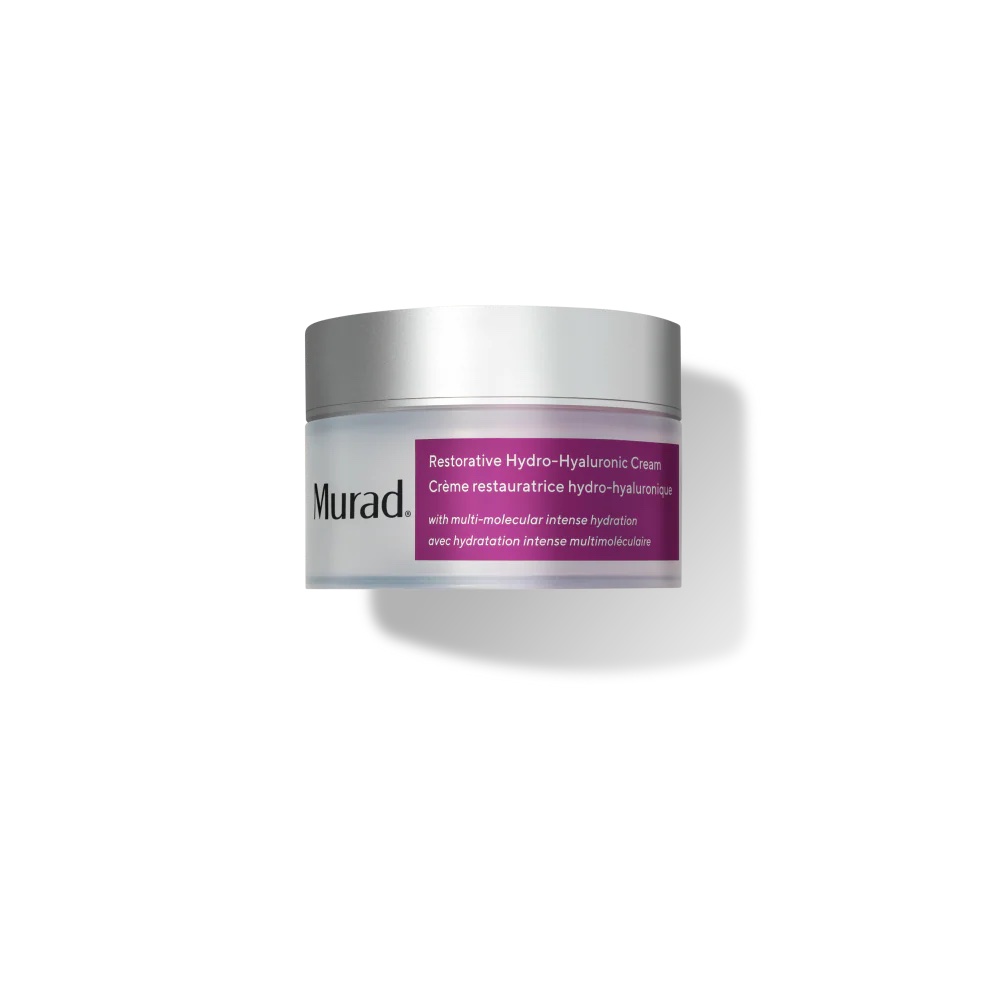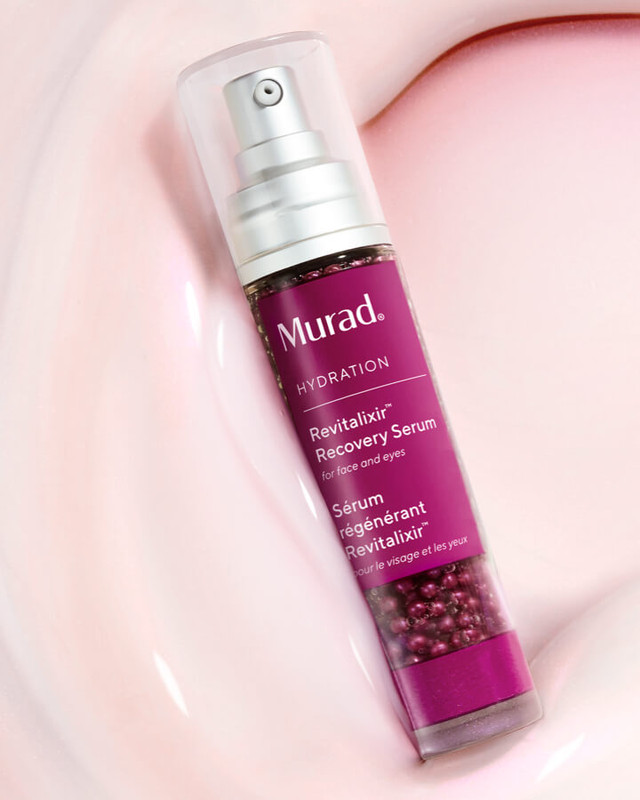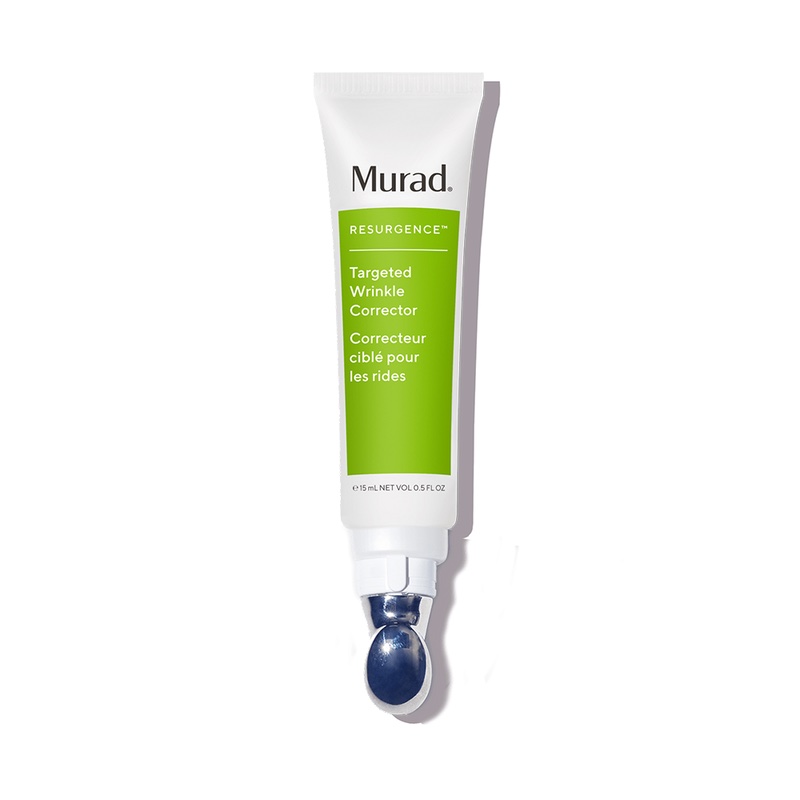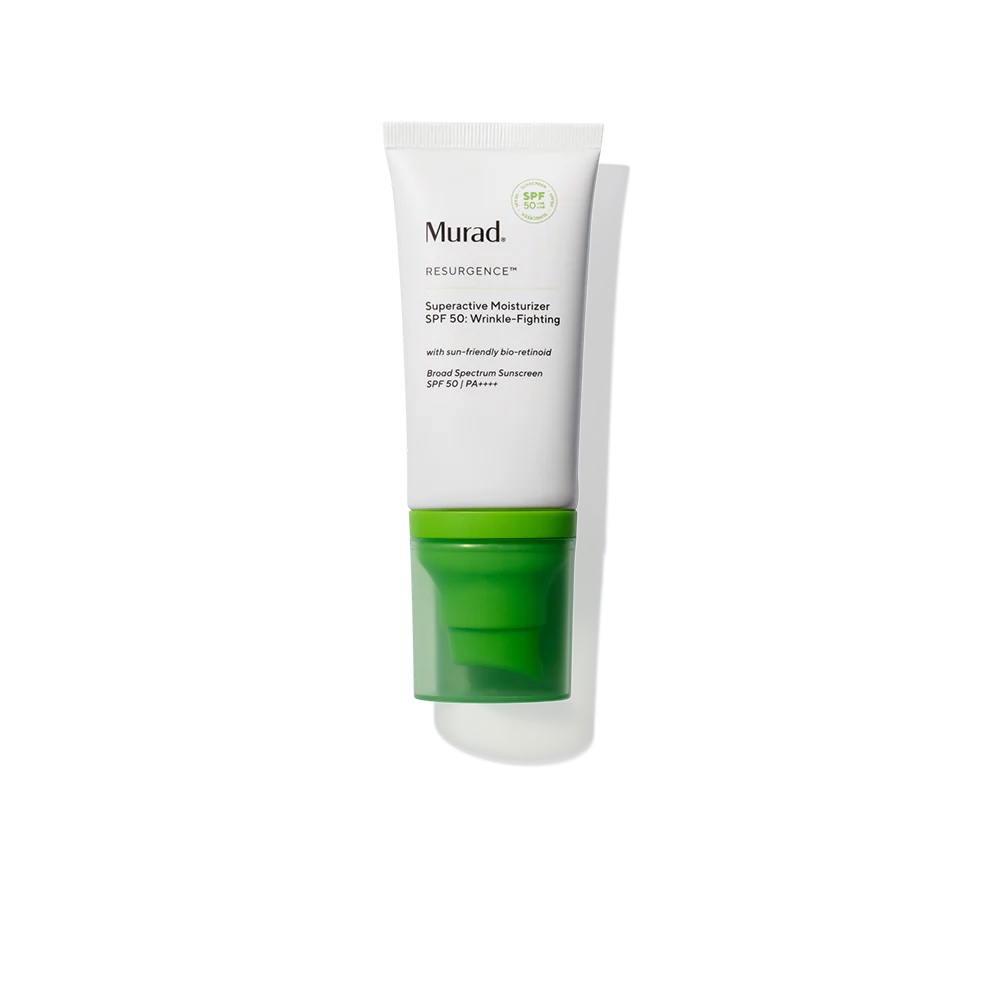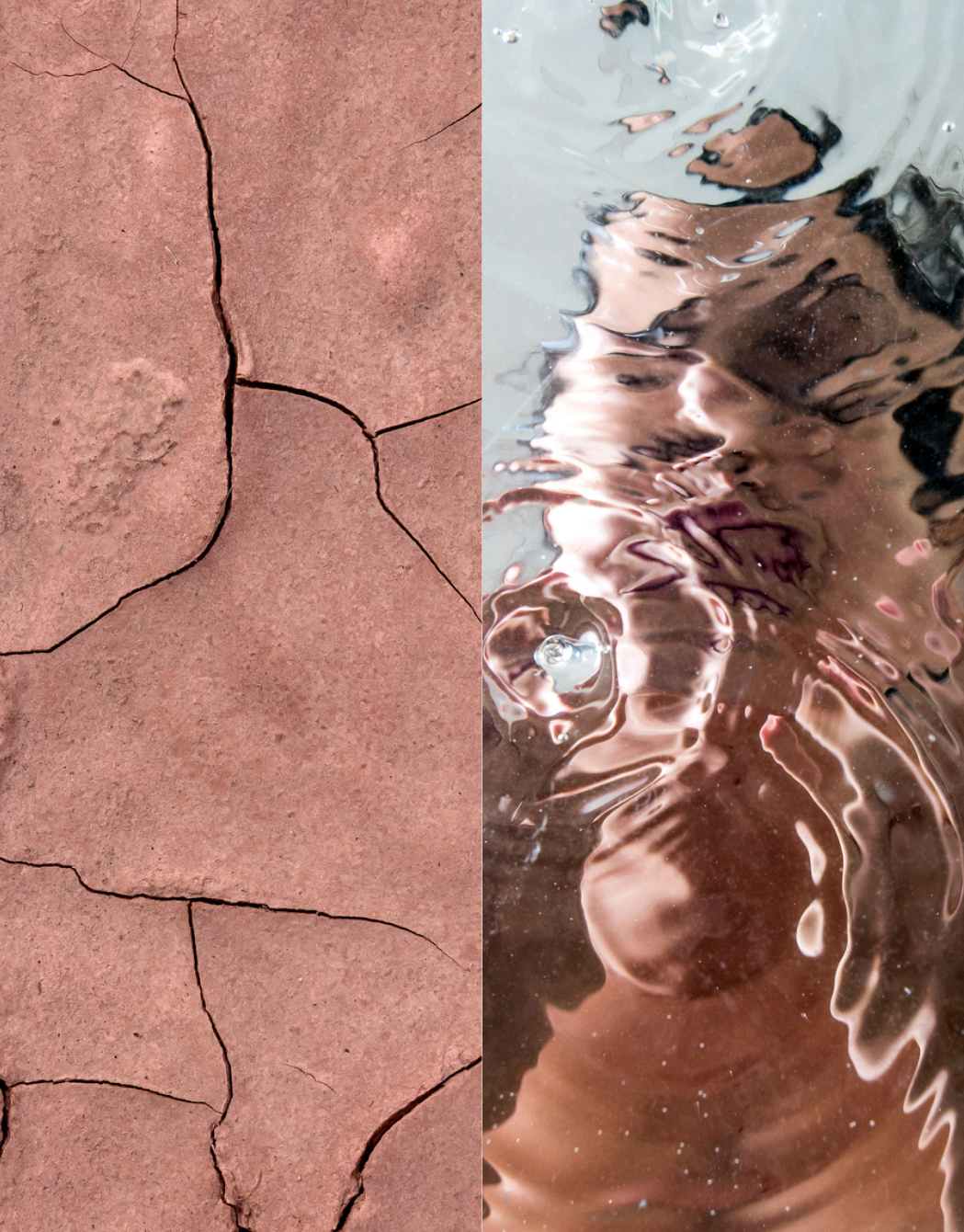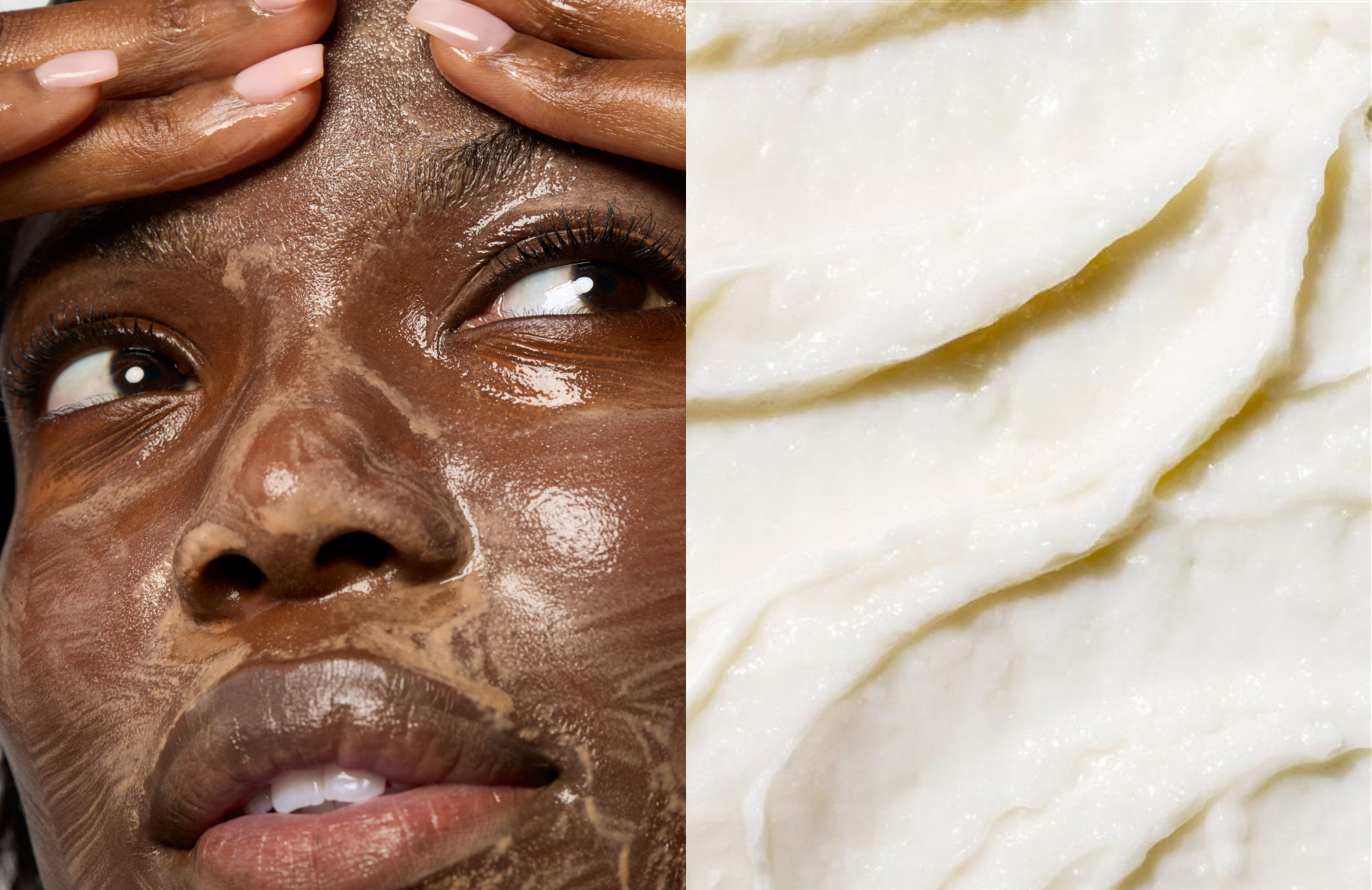Does stress age you? How to combat stress-induced inflammation and aging

Does stress age you? Not to stress you out, but yes, stress is doing a number on your skin. You might not even know it’s happening, because stressed skin shows in different ways. Stress induced aging is real, a clinical study revealed that a high-stress lifestyle makes you look up to 3.5 years older.*
Stress is such a serious problem that dermatologist, pharmacist and Murad Skincare founder Dr. Howard Murad built an entire skincare program around four guiding principles to help alleviate stress for healthier skin, mind and body. If you’re wondering how to reverse stress aging, or if you’re experiencing skin aging due to stress, you’ve come to the right dermatologist.
Can stress cause skin problems?
Beyond premature aging, stress-induced inflammation can manifest as breakouts, sensitivity, dullness, and compromised barrier function. But here’s what’s really happening beneath the surface: stress triggers chronic inflammation throughout your body, including your skin, accelerating the aging process in ways that go far beyond surface-level concerns. The good news? Understanding this stress-inflammation-aging connection is the first step toward choosing the right anti aging skincare approach that addresses the root cause, not just the symptoms.
Why does stress affect my skin?
As your skin’s largest living organ, stress is bound to be reflected on your skin. “Our hyper-connected, fast-paced society triggers a constant flood of damaging stress hormones, like cortisol,” says Dr. Murad. When cortisol levels spike, they trigger inflammatory pathways throughout your body, including your skin.
This chronic inflammation breaks down collagen and elastin—the proteins responsible for skin’s firmness and elasticity. “Cortisol and stress hormones fatigue our bodies and could show in our skin as dehydration, sallowness, roughness and deep expression lines.” In this sense, stress can speed up the aging process or even cause premature aging skin by creating a state of chronic inflammation that accelerates cellular damage.
How to reverse stressed skin aging with anti-inflammatory skincare
Besides controlling stressors and stress hormones that can have this effect, targeted anti-aging skincare can be another beneficial step in combating this concern. The most effective approach combines inflammation-fighting ingredients with proven anti-aging actives. Dr. Murad prescribes a four-step wellness regimen to all his clients: “Clinically proven topical skincare is only the beginning: If the skin is a reflection of how we’re feeling on the inside, then we need to treat our skin from the inside out.”
Essential anti-inflammatory skincare ingredients for stress-induced aging
- Retinol: Accelerates cell turnover and boosts collagen production to counter stress-induced breakdown
- Neuropeptides: Specifically designed to address visible skin wrinkling caused by repetitive facial expressions and stress-related tension
- Wild indigo: Used in Ayurveda for skin benefits because it helps quickly calm the skin’s stress signals and reduce inflammation
- Hyaluronic acid: Provides lightweight, immediate hydration to combat stress-induced dehydration
Healthy skin and healthy aging start from within, including nourishing your mind. Just acknowledging you’re stressed can help diffuse it. If you’re feeling stressed, step away and do a quick meditation exercise using a meditation app, or if you don’t have a lot of time, simply remind yourself to take deeper breaths, roll your shoulders, or listen to a song you love to help shift your emotional state. Being mindful and interrupting the flow of stress will help calm your mind and reduce inflammatory responses.
Exercise and movement can be just as good for your skin as topical skincare when it comes to managing stress-induced inflammation. Lifestyle changes, such as incorporating an exercise routine and physical activity, can have overall positive benefits. Especially in today’s environment: Working from home may have increased our sedentary lifestyles. “Exercising helps promote circulation, and skin is the body’s largest organ. Increased blood flow helps carry oxygen to the cells and helps carry away waste such as harmful free radicals.” Exercise also releases dopamine and serotonin, the ‘feel-good’ chemicals that can also boost your mood and feelings of happiness (yet another way to be kind to your mind).
We’ve all had a snack attack during stressful times. While it’s okay every once in a while, Dr. Murad recommends sticking to healthy foods 80% of the time, and indulging 20% of the time. “Stress is far more harmful to your cells than a few calories from a piece of chocolate!” Focus on anti-inflammatory foods rich in antioxidants, omega-3 fatty acids, and water content to support your skin from within and help your body better manage stress responses.
If you’re curious about how to reverse stress aging because you’re seeing the signs of stress on the skin, Dr. Murad recommends a skincare regimen that’s loaded with stress-reducing and super-hydrating ingredients that renew the skin.
- “Neuropeptides are unique peptides specifically designed to address visible skin wrinkling caused by repetitive facial expressions.”
- “Wild indigo is used in Ayurveda for skin benefits because it helps quickly calm the skin’s stress signals.”
- “Because dehydration is an effect of increased stress, I always recommend hyaluronic acid. It provides lightweight, immediate and lasting hydration benefits as well as a smoother texture.
FAQs
- Does stress age you faster than normal?
- Yes, stress does cause premature aging, which is different from intrinsic aging (e.g., the natural process of aging that happens in our bodies). Chronic stress causes increased inflammation (amongst other biological processes that are detrimental) that speed up the natural decline of our internal and external health.
- What anti-aging skincare works best for stress?
Stress can lead to a damaged skin barrier. A damaged skin barrier can not properly hold essential hydration, can lead to a bacteria balance, and can not effectively protect itself from external assaults. This can lead to a litany of skin issues, from dehydration, peeling, flaking, and redness to breakouts. Ingredients like hyaluronic acid, antioxidants (vitamins C and E), and neuropeptides can help fortify a skin barrier that’s been damaged by stress. - Can stress cause skin problems beyond aging?
- Yes. Stress can cause cellular dysfunction, cardiovascular disease, diabetes, cognitive decline, blood pressure, and problems with our endocrine system. This is just a short list of issues that can arise from being in a state of chronic stress.
The views expressed in this article do not necessarily represent the views of Murad, and are for informational purposes only, even if the advice of physicians and medical practitioners are included. This article is not a substitute for professional medical advice, diagnosis or treatment, and should not be considered specific medical advice.
References for this information:
Biomedicines, 2020, volume 8, issue 7
International Journal of Molecular Sciences, 2023, volume 24, issue 24
